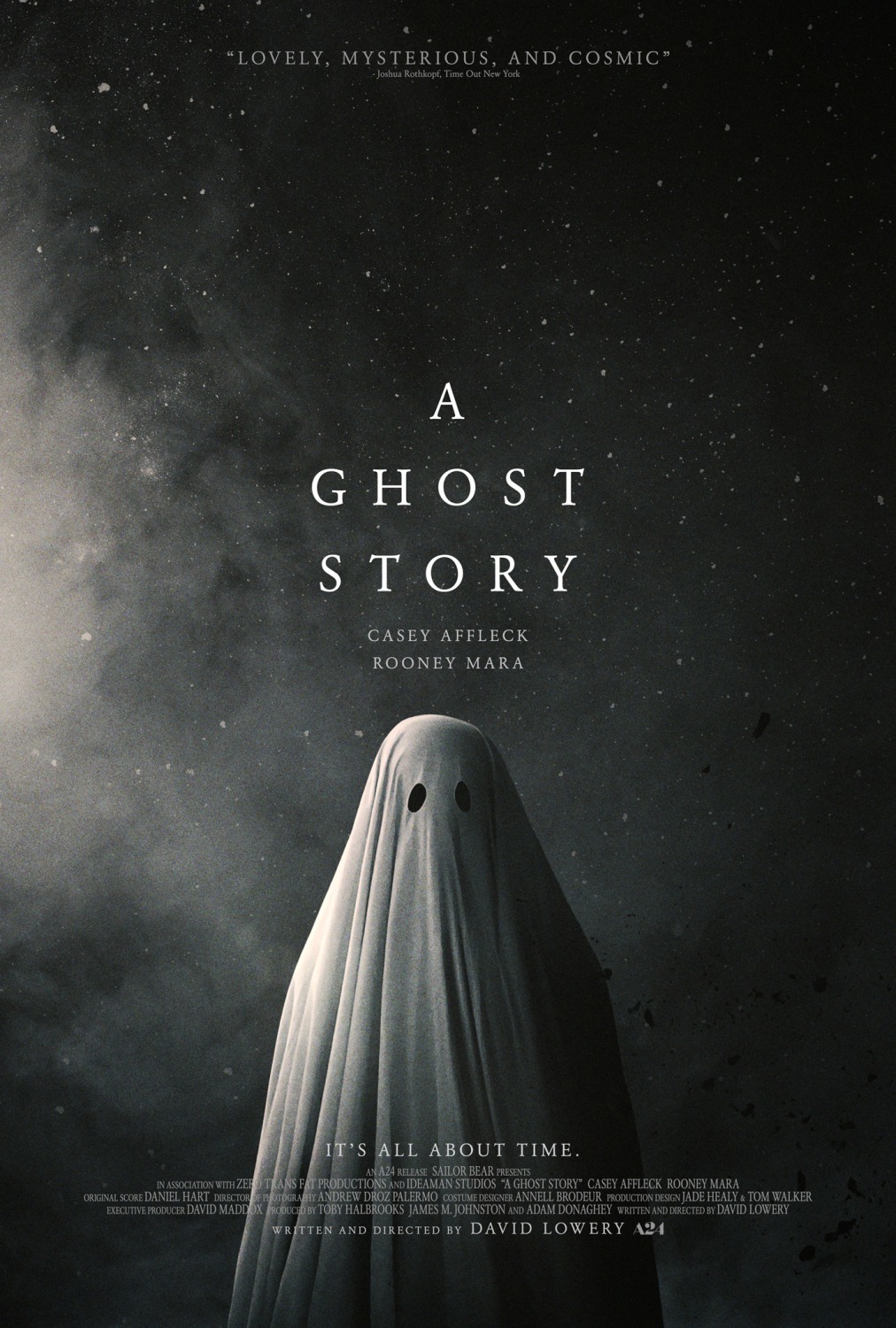Above photo: MGMT’s new album “Little Dark Age” suffers from forced nostalgia, leaving the tracks mired in attempts to sound like other bands. Courtesy of Columbia Records
By James Bennett
MGMT’s new album “Little Dark Age” sounds distinct from its previous records.
Although it could still be classified as synth-heavy indie pop, it has strayed from influences such as space-rock band Spiritualized to produce an album which sounds entirely 1980s.
MGMT has always relied on synths and drum tracks with gated reverb to shape its unique sound, but the band has never released work that sounds so nostalgic.
“Little Dark Age” may not be for everyone. It certainly takes time to appreciate and feels overly repetitive at times. This is an album where you need to be in the mood to listen to it.
Most of the album feels melancholic and dissociated – similar to the vibe Vaporwave gives off.
Tracks like “She Works Out Too Much” and “TSLAMP” feel like sugar-coated pop songs with simple earworm choruses.
I’m disappointed with how wannabe-vintage these two tracks feel. The album’s most cliche songs lecture the audience about how detrimental smartphones can be with an abrasive whiny tone.
Additionally, songs like “Hand It Over” or “When You’re Small” fall flat and could be forgotten entirely.
My main problem with the record is how formulaic it feels. When I listen to an MGMT album, I want something fresh. I want the band to take some risks. “Little Dark Age” is just checking off the boxes they once poked fun at.
Thankfully, there are brief points of variety with the shoegaze-influenced “James” and semi-explorative “Days That Got Away,” although even these are repetitive in themselves.
On a more positive note, some of the album’s songs are produced incredibly well. The mastering is neat and offers some much-needed embellishment.
The opening track “She Works Out Too Much” introduces listeners to the album with an almost-catchy tune, imitative of pop stars like Cyndi Lauper. The song would feel natural on any dance or aerobic VHS tape, with lines like “get ready to have some fun” and “remember to drink a glass of water before and after you work out.”
Those who are able to keep interest are rewarded with a decent saxophone solo, which is buried under the rest of the instruments. Rather than contributing to the song in a musical sense, the solo comes off as “hey guys, look how ‘80s we can be!”
On the title song “Little Dark Age,” audience members will discover that MGMT had no intention to stick with one particular genre of ‘80s music. Its gloomy and melancholic aesthetic is reminiscent of U.K. goth bands such as The Cure and Depeche Mode.
Fans may be pleased to hear a keyboard solo about halfway through the track, which sounds about as close to Baroque music as MGMT can get. Unlike the saxophone solo on the first song, this solo adds to the track constructively by lending an antique tone. Otherwise, this track is forgettable. If they hadn’t named the album after it, the song would probably blend in with the rest.
My favorite track off the album, “When You Die,” takes a break from the album’s synth-supremacy.
Although it wouldn’t be an MGMT song without a keyboard, this track sounds more like a regular rock band that incidentally included a synth player.
The track is even more melancholic than “Little Dark Age,” but adds a degree of cynicism and grimness with lyrics such as “we’ll all be laughing with you when you die.”
The band shows a little more effort on this song through vocal harmonies and some clever compositional points, such as a snare hit to symbolize a violent death.
Unfortunately, the ending of “When You Die” is slightly ruined. A string-sounding synth gives rising action to the climax of the song, and would have been perfect if MGMT had just left it at that instead of letting the strings die down.
They could have taken a note from The Beatles’ “A Day In The Life” by using their strings to build tension and allowing them to effectively stand on their own.
Overall, I think that “Little Dark Age” is mediocre at best.
MGMT wasted the album trying to sound like other bands when they could have created something new and thoughtful. It fell short and missed too many opportunities.
Still, as with any MGMT album, “Little Dark Age” is interesting enough for at least one play through.



